Protein intake for Older Athletes and Triathletes
 Karen Parnell
December 05, 2022
Karen Parnell
December 05, 2022
Protein intake for Older Athletes
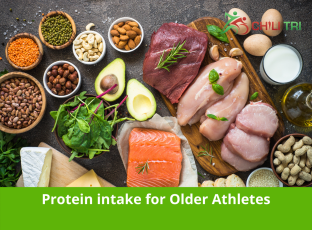
Whether you're competing in an IRONMAN or a sprint triathlon, current guidelines on protein intake may not be enough to keep you healthy let alone train for a triathlon if you’re over 50.
A new study published in the American Journal of physiology – Endocrinology and Metabolism has shown this to be true. Researchers from the University of Arkansas for Medical Sciences examined how four different meal plans affected the muscular health of 20 healthy adults ages 52 to 75. The researchers randomly assigned participants to one of four groups:
Two groups followed the Institutes of Health’s current recommended daily allowance of 0.8 grams of protein per kilogram of body weight (for a 81kg person, that comes out to roughly 65 grams of protein per day).
Half of them divided that protein up equally between breakfast, lunch and dinner, while the rest ate the majority of their protein at dinner (which is typical for most adults in the western world).
The other two groups ate double the RDA (1.5 grams of protein per kilogram of body weight), either equally or unevenly distributed between meals.
After four days, researchers found that the more protein participants ate – no matter the timing – the better their bodies were at building muscle. Specifically, those who ate double their RDA of protein increased their rates of muscle protein synthesis (the process by which cells use protein to build muscle) and improved their net protein balance (the difference between muscle protein synthesis and protein breakdown).
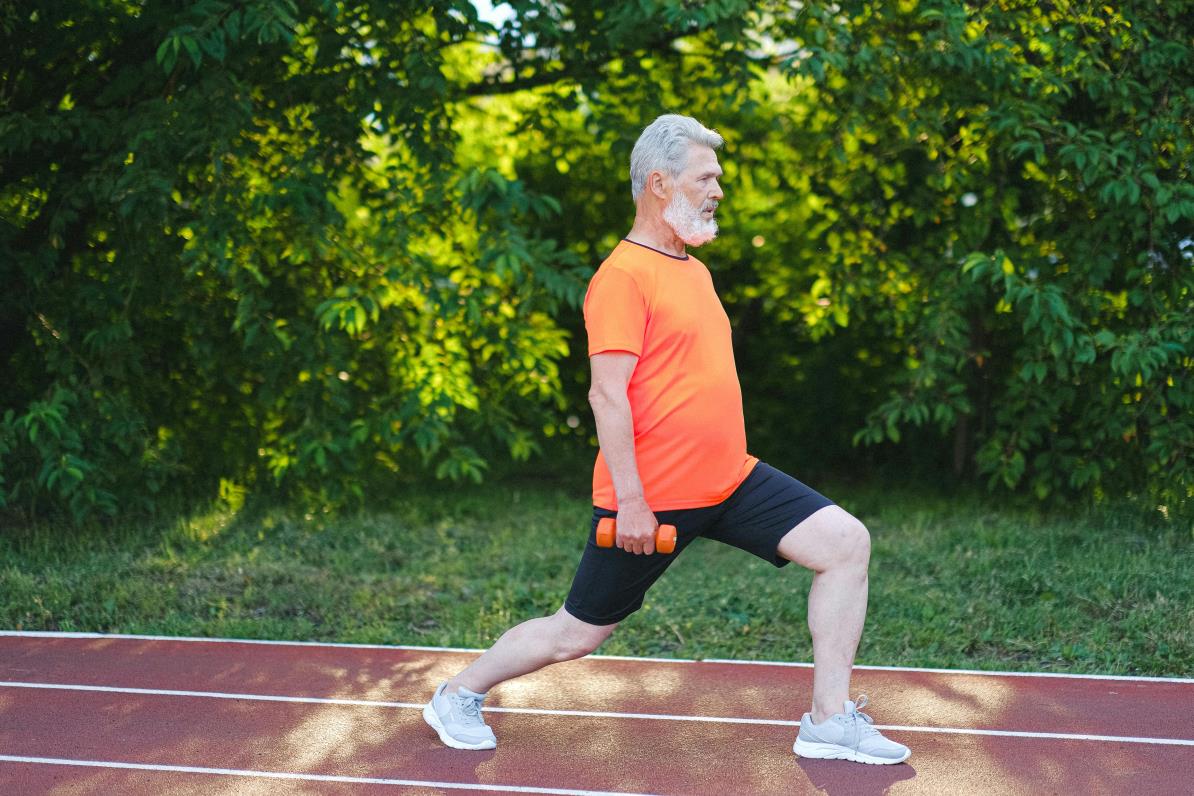
Photo by Anna Shvets
Get your FREE athlete recipe books here
As we age, we naturally lose muscle mass and strength due to a trifecta of reduced muscle response to protein intake, changing hormones and for some, less physical activity.
Called sarcopenia, this gradual loss of muscle mass has caused many health problems, including insulin resistance, low bone mineral content and density, falls and fractures say researchers with the University of Arkansas Centre for Translational Research in Aging & Longevity.
Plus, the greater your muscle mass, the more likely you will stick with the health-boosting physical activities you enjoyed in your younger years so this is a win-win.
There is evidence that consuming a moderate amount of protein per meal (25-35 grams) is essential to:
- Improve mood, a natural anti-anxiety remedy
- Stimulate muscle synthesis, preserve lean body mass and maintain strong bones
- Reduce sarcopenia, dynapenia and functional decline
- Promote satiety, reduce cravings, and help to manage weight
- Stabilize blood sugar
- Balance hormones naturally
- Improve concentration, focus, cognition and immune function
- Reduce brain fog and increase energy
Get your FREE triathlete 7-day meal plan here.
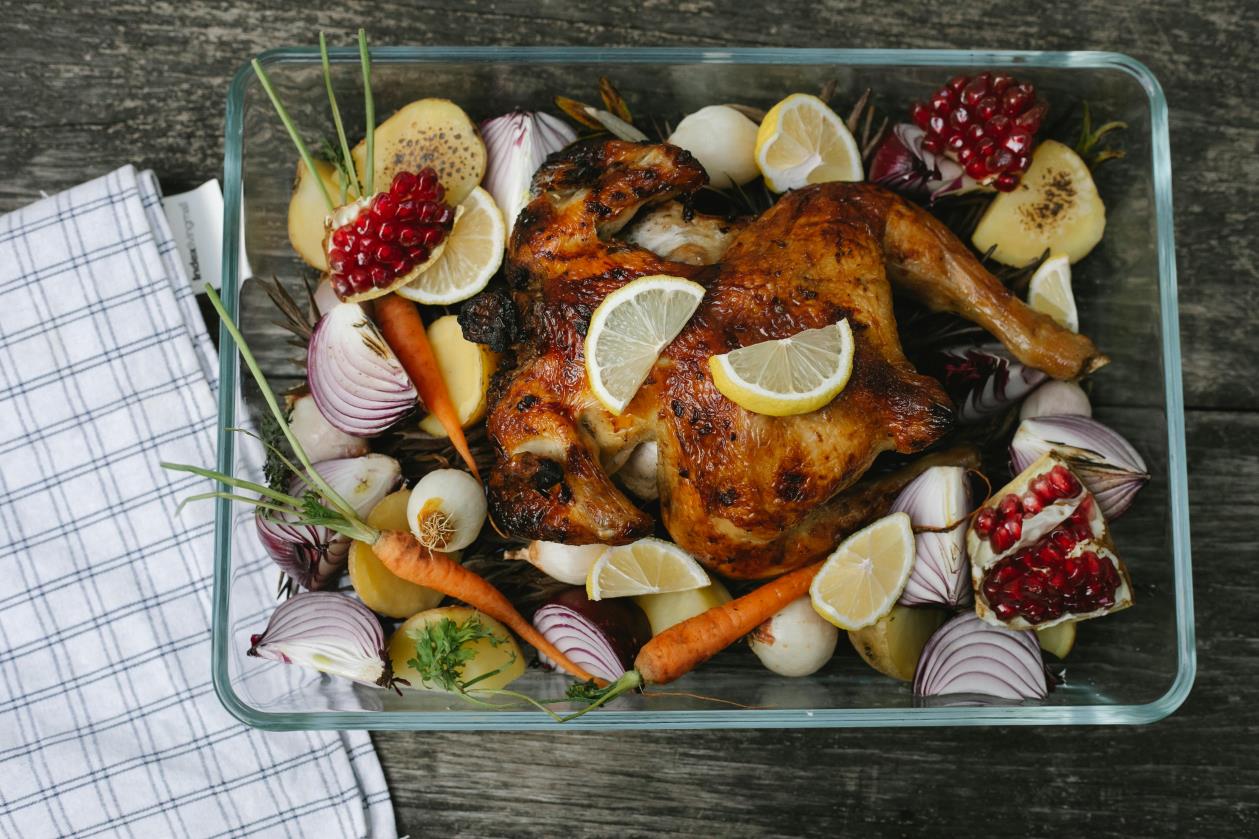
Photo by Tim Douglas
Get your FREE 23 page guide to strength and conditioning
Don´t Accept that you are just getting older
50 is far from old but when researchers use the term “older adults,” they generally mean 50-plus. It's thought that sarcopenia doesn’t hit full force until you are 65 but gradual loss of muscle mass and function can start even before your 50th birthday.
The latest research is showing that increasing your protein intake at any age can boost your health. Muscle plays an important role in whole body metabolism in both young and old. For instance, in a recent study from the Pennington Biomedical Research Centre, when people ate high-calorie diets, those who got 15 to 25 percent of their calories from protein stored 45 percent of the excess calories as healthy, metabolism accelerating muscle. For someone on a 2,000 calorie-a-day diet, that would mean eating up to 125 grams of protein per day. This is roughly the equivalent of a two-egg omelette for breakfast (20 g.), chicken breast for lunch (30 g.), Greek yogurt as a snack (17 g.) and a salmon fillet for dinner (40 g.).
Meanwhile, those who got only 5 percent of their calories from protein stored 95 percent of the excess calories as pure fat.
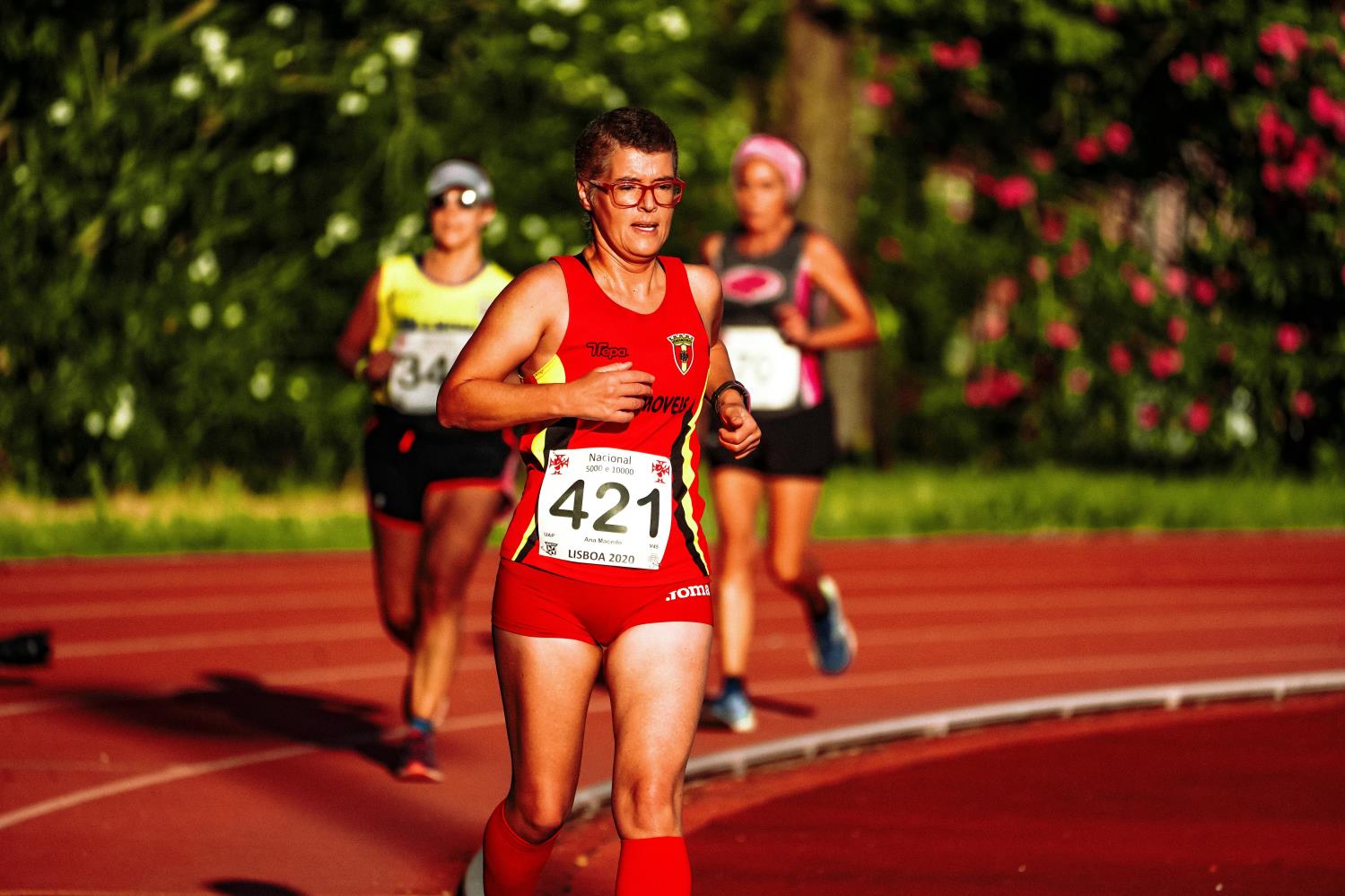
Photo by RUN 4 FFWPU
Get your FREE Guide to Running Speed and Technique
Symptoms of Protein Deficiency
If you are not getting enough protein from your diet then you will start to experience certain symptoms and below are signs to look out for.
- slower metabolism
- fatigue
- anxiety, depression, mood swings
- inability to focus or concentrate
- muscle and joint pain
- skin laxity, capillary fragility
- loss of integrity of connective tissue and muscle tissue
- reduced immunity
- insulin resistance, metabolic problems, blood sugar imbalances
- slower healing
- accelerated aging
- increased occurrence of bone fractures
- hair loss, breaking hair, brittle hair
- acne
- impaired thyroid function
There typically are no symptoms in the early stages of bone loss. But once your bones have been weakened by osteoporosis, you might have signs and symptoms that include:
- Back pain, caused by a fractured or collapsed vertebra
- Loss of height over time
- A stooped posture
- A bone that breaks much more easily than expected
Osteoporosis can affect everyone and is not confined to older women so keeping on top of your protein intake as you get older is crucial.

Get your FREE Recipes for Menopausal Athletes Book
Your Complete Protein Needs
For maximal muscle the majority of older adults need to consume about 1.8 grams of protein per kilogram of body mass per day.
The recommendation from the studies suggests getting the bulk of your protein from animal sources such as beef, fish, milk and cheese.
Animal protein sources contain all of the essential amino acids your body needs. While all amino acids help build protein (both in your foods and in your muscles), the human body cannot produce every kind and relies on diet to get the nine “essential” varieties and if you don’t get those then trying to preserve your muscle can be difficult.
Most adults typically get less of their protein from animal sources as they age and since plants rarely contain all the essential amino acids, that may also contribute to older adults having reduced muscle mass.
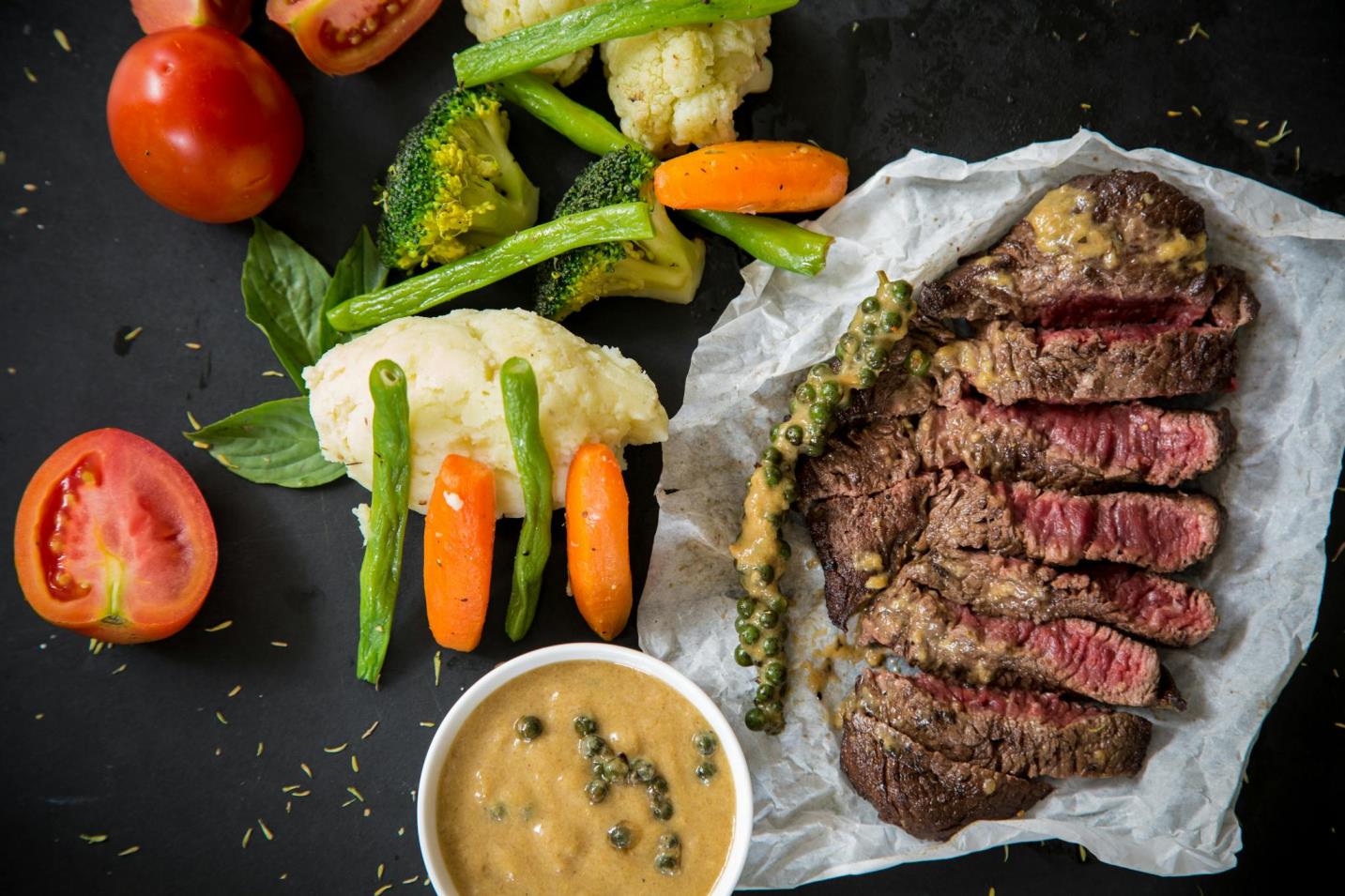
Photo by Malidate Van
Get your FREE 23 page guide to strength and conditioning
Plant Based Protein
Protein deficiency is common in vegans and vegetarians. People who eat a strictly plant-based diet may suffer from subclinical protein malnutrition. When all animal foods are eliminated from the diet, there is an increased risk of several mineral and nutritional deficiencies, specifically vitamin B12, vitamin D, zinc, iron, omega-3 DHA, carnitine, carnosine, taurine, and various amino acids.
If you do prefer to cut down on meat or cut it out completely you can still get the protein you need. You just need to put a little bit more effort to make sure you still get all of the essential amino acids your muscles crave. Quinoa, chia and soy, for instance, are all “complete” proteins, meaning they contain all nine essential amino acids. Even “incomplete” plant sources contain some essential amino acids and so by mixing and matching your plants you can eat all nine essential amino acids. You need to ensure are eating different protein rich plants at every meal.
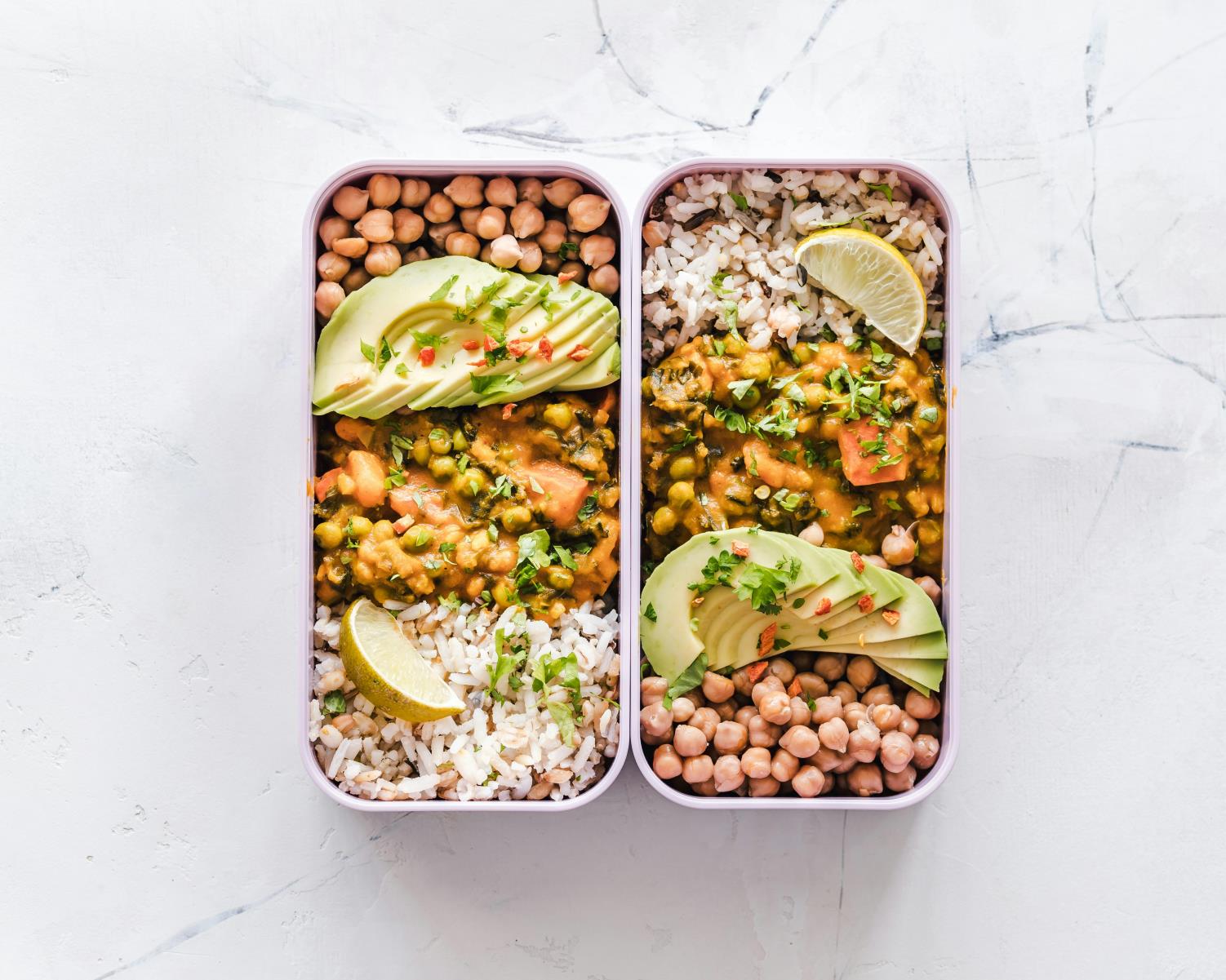
Photo by Ella Olsson
Get your FREE Recipes for Menopausal Athletes Book
Protein an Immediate Health Boost
Whatever protein you choose, by increasing your intake your will enjoy an immediate health boost. In the study, participants started building more muscle within just four days.
Also, by adding strength training exercises into your healthy living routine (at least three times a week), you will not only build muscle, but you'll wind up eating more protein without even thinking about it. In response to exercise your body will work to convert your foods' amino acids into muscle and then it will automatically crave more protein.
Data from cross-sectional studies suggest that lean mass and muscle power did not decrease with aging in individuals aged 40-81 years who trained four to five times a week . Skeletal muscles of older individuals may develop a blunted sensitivity to both exercise and protein intake, termed anabolic resistance, in which an increased volume of exercise and an increased quantity of protein are required to produce the same muscular-building responses seen in younger individuals (Moore et al., 2015).
While age-related declines in muscle are unavoidable, there are a number of ways to fight against declines and keep the body positively aged.
Based on this you need to ensure you are eating enough protein from good sources and doing enough resistance training.
If you do find you need to supplement your protein with whey protein then ensure that it is batch tested and listed on the clean sport website.
You can check your supplements here.

Photo by Polina Tankilevitch
Get your FREE Recipes for Menopausal Athletes Book
Practical Protein - What does 20g and 10g of Protein look like?
20g of protein at meals is equivalent to:
- 200g portion of Greek (style) yoghurt
- Pack of card size portion of fish, meat or chicken
- 3 medium eggs
- 1 pint of milk
- 100g nuts
Some good 10g protein snacks include:
- A matchbox size portion of cheese with an apple
- 300ml flavoured milk
- 100g edamame beans
- 50g almonds
- 30g peanut butter
- 100g Greek (style) yoghurt with berries and honey

Photo by Life Of Pix
Get you FREE Smoothie Book here.
Whey Protein
Whey protein is a mixture of proteins isolated from whey, which is the liquid part of milk that separates during cheese production. Milk actually contains two main types of protein: casein (80%) and whey (20%).
Whey is found in the watery portion of milk. When cheese is produced, the fatty parts of the milk coagulate and the whey is separated from it as a byproduct.
If you’ve ever opened a yogurt container to see liquid floating on top — that’s whey. Cheesemakers used to discard it before they discovered its commercial value.
After being separated during cheese production, whey goes through various processing steps to become what people generally recognize as whey protein — a powder that is added to shakes, meal replacements and protein bars.
Whey protein doesn’t taste very good on its own, which is why it’s usually flavored. Chocolate-, vanilla- and strawberry-flavored powders are popular.
It’s important to read the ingredients list, as some products may have unhealthy additives like refined sugar. Taking whey protein is a convenient way to add protein on top of your daily intake. If you are a competing athlete or triathlete and feel you need to supplement your diet with whey powder based products use the supplements checker to ensure it's batch tested.
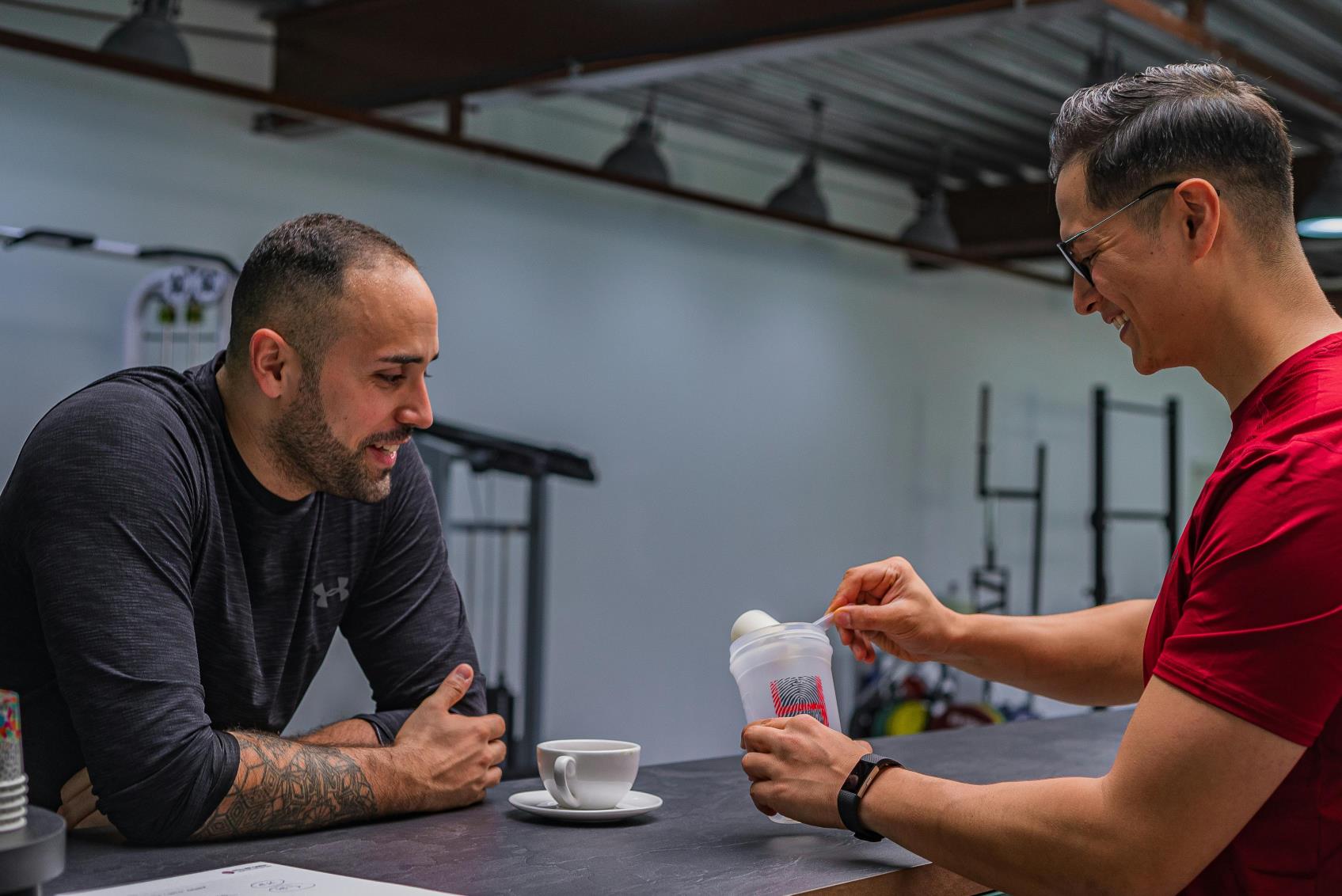
Get your FREE athlete recipe books here
Vegan Protein Powder
If you are a vegan or vegetarian athlete a vegan protein powder fits your diet better. For others, a plant-based protein is free from allergens or sensitive ingredients. Some might want a vegan protein simply because it’s full of healthy plant proteins and sweetened naturally.
For years plant-based protein was put down because it was considered less than equal to whey protein. The reasoning was that most plant-based proteins don’t contain all the essential amino acids like whey does.
The essential amino acids are the ones found in protein sources that your body cannot make on its own. Not only do you need amino acids to build and maintain lean muscle, your body needs these amino acids to perform its various functions properly. Baring this in mind it's worth seeking out a high quality brand and make sure it includes a wide range of plant based protein sources so you get all the essential amino acids.
Vegan protein powders are composed of a range of plant-based ingredients. The most common sources of plant protein are soy (because it’s cheap to make) rice, pea, and hemp. You might also find other natural ingredients like stevia, monk fruit, and even fruit veggie powders for added nutrition.
Good quality vegan protein powder could be worth considering if you may not be getting enough protein to meet your training needs.
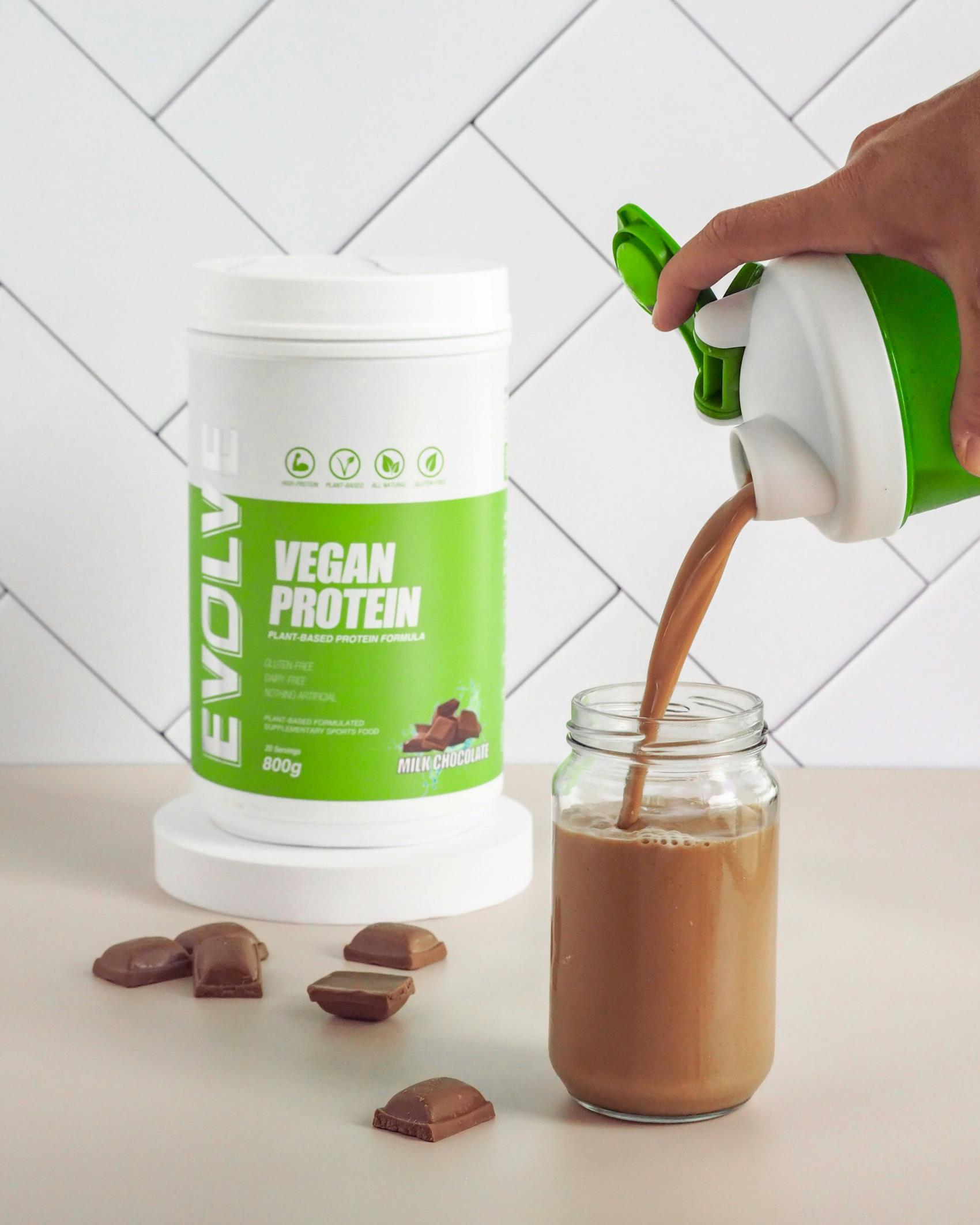
Photo by ASN
Get your FREE 23 page guide to strength and conditioning
Conclusion: Protein For Triathletes and Athletes
Optimizing protein intake is crucial for older athletes and triathletes, whether you’re tackling an IRONMAN or a sprint triathlon. As we age, our bodies experience changes that make protein more essential for maintaining muscle mass, recovery, and overall performance.
Ensuring you meet your protein needs—whether through meat, vegan sources, or a combination—can significantly impact your ability to train effectively and compete at your best.
Coupled with a well-structured strength training regime, adequate protein intake supports not only athletic performance but also long-term health and vitality.
By paying attention to these dietary needs and making informed choices, you can enhance your athletic capabilities and enjoy the journey of aging with strength and resilience. An example of strength training exercises for triathletes can be found here.
Get your FREE triathlete 7-day meal plan here.
Get your FREE athlete recipe books here
Get your FREE 23 page guide to strength and conditioning
Would you like a free training plan? Claim your free plan or e-book.
Karen Parnell is a Level 3 British Triathlon and IRONMAN Certified Coach, 8020 Endurance Certified Coach, WOWSA Level 3 open water swimming coach and NASM Personal Trainer and Sports Technology Writer.
Karen is currently studying for an MSc in Sports Performance Coaching at the University of Stirling.
Need a training plan? I have plans on TrainingPeaks and FinalSurge:
I also coach a very small number of athletes one to one for all triathlon and multi-sport distances, open water swimming events and running races, email me for details and availability. Karen.parnell@chilitri.com
Get your FREE Guide to Running Speed and Technique
Get your FREE Swim Workouts for Triathletes E-book
Get your FREE Open Water Swimming Sessions E-Book

FAQ Protein needs of Triathletes
How much protein does an endurance athlete or triathlete need?
Protein Needs Triathletes and other endurance athletes that engage in high-intensity, hard-core workouts typically need between 0.7 and 0.9 grams of protein per pound of bodyweight per day, according to the Academy of Nutrition and Dietetics. For maximum muscle, most older adults should consume around 1.8 grams of protein per kilogram of body weight per day. To ensure proper consumption, experts advise young adult athletes consume between 20-25 grams of protein (0.25 grams/kg/meal) each meal, while older athletes should aspire for 30--40 grams of protein (0.4 grams/kg/meal) each meal.
Do athletes in endurance sports need more protein?
Numerous studies have demonstrated that endurance athletes in heavy training need more protein than recreational athletes do. Once it was believed that 1/2 gram of protein per pound per day was sufficient (2/3 to 3/4 grams of protein per pound of body weight). Today's standards, however, would increase that figure to about 100-112 grams.
What protein do endurance athletes use?
Whey protein's amino acid profile contains the highest percentage of essential amino acids, 25% of which are the BCAAs leucine, isoleucine, and valine, the most important for muscle tissue repair.
Is protein good for triathletes?
Protein is a key nutrient for triathletes – it helps with muscle repair and recovery so you can train hard again tomorrow. While whole foods should always make up the base of your diet, sometimes it can be challenging to meet your needs so supplementation may be needed.
References
American Journal of Physiology-Endocrinology and Metabolism
Osteoporosis - Symptoms and causes - Mayo Clinic
Protein Deficiency Symptoms and Healthy Aging - Paula Owens, MS
Protein: how much do you need? - 220 Triathlon
Il-Young KIM | Professor (Associate) | Ph.D. | Department of Molecular Medicine (researchgate.net)
Metabolism changes with age, just not when you might think -- ScienceDaily
https://hammernutrition.com/blogs/essential-knowledge/protein-why-its-important-endurance-athletes
https://2doctricoaching.com/triathlon-training/protein-needs-masters-athletes
https://vickidoefitness.com/should-i-eat-carbs-and-protein-to-prevent-muscle-loss-as-i-age/
https://www.mdpi.com/2072-6643/13/5/1409/htm
https://healthyeating.sfgate.com/triathlete-protein-needs-8639.html
https://www.mysportscience.com/post/2017/10/18/dietary-protein-requirements-for-older-athletes
https://jissn.biomedcentral.com/articles/10.1186/1550-2783-7-7
Whey Protein 101: The Ultimate Beginner's Guide (healthline.com)
What You Need to Know About Vegan Protein Powder | IdealRaw
#triathlontraining #dietandnutrition #highproteindiet #osteoporosis #exercise #fitness #racenutrition #triathlon #chilitri #sandc #protein #vegan
#traithlontrainingplans #runningtrainingplans #swimmingtrainingplans
